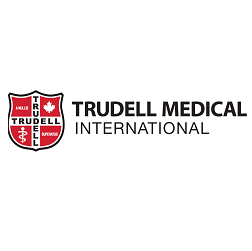Job Expired
This posting has expired and applications are no longer being received and this job does not show up on the main job list.
This posting has expired and applications are no longer being received and this job does not show up on the main job list.
Job Description
Senior Electronics Design Engineer
About the job
As a member of our Product Development team, you will be the Electronics Hardware/Firmware technical leader to internal cross functional teams and fulfill the role of subject matter expert. You will also leverage external networks to benchmark and advance internal capabilities while ensuring electrical designs are simple, effective and scalable.
Responsibilities Include:
Design, Development and Testing
- Acting as design responsible engineer (DRE) or as an advisor to more junior Engineers.
- Act as internal leader as subject matter expert (SME) regarding electronics and firmware design and perform role of independent design reviewer to ensure high quality, innovative designs are released.
- Deliver internal leadership as SME across broad product development tools, techniques, and capabilities to advance our effectiveness.
- Actively mentor less experienced engineers to improve their capability and optimize the delivery of electronic medical device designs.
- Develop and maintain internal and external networks that can be leveraged to advance product development capabilities.
- Design state of the art electronic subsystems and firmware for new and existing medical devices within an advanced product development process
- Drive completion of firmware development lifecycle processes for medical devices are implemented, maintained, and followed
- Establish and maintain development environments and libraries for PCBA design and firmware programming
- Initiate process improvements to support design and development efficiency and scalability
Planning and Process Development
- Deliver projects on time by establishing scope of work and deadlines and providing regular updates against approved plans
- Complete all necessary design controls
- Drive completion of firmware development lifecycle processes for medical devices are implemented, maintained, and followed
- Establish and maintain development environments and libraries for PCBA design and firmware programming
- Initiate process improvements to support design and development efficiency and scalability.
Collaboration and Support
- Deliver business objectives by working collaboratively with internal and external parties, e.g., mechanical engineering, core teams, outside contractors, etc.
- Collaboration with SEED team to transfer product idea into Phase 1 of product development.
- Collaborate with Marketing/Sales to investigate incremental business ideas to capture the voice of the customer and develop a business case for strategic review.
- Contribute to strategic roadmap planning including product and technology roadmaps.
QUALIFICATIONS
- Degree in Engineering (Electrical, Electronics, Mechatronics, Computer Science, Software Engineering) or a related field of study
- 10+ years of experience in designing electronics for medical devices, consumer products or similar devices including work on at least 2 designs that have gone into market
- Professional Engineer (P.Eng) and in good standing with Professional Engineers Ontario (PEO)
- Experience in embedded systems design and development for a commercial product
- Experience working in a regulated industry an asset, e.g., medical device, pharmaceutical or aerospace
- Theory and practice of design for electromagnetic compliance
- Experience designing electronic products compliant with IEC60601 or IEC62304
- Printed circuit board design, digital and analog design, e.g.: instrument amplifiers, filters, drivers, switching power supplies, timers (RTC), discrete logic
- Design of control interfaces for human factors, e.g.: switches, capacitive touch, LED/LCD displays
- Control theory, open loop and closed loop feedback and feedforward systems
- Embedded firmware architecture development, including HALs and partitioning.
- Firmware scheduling, from bare metal to RTOS (including development with Zephyr)
- Modular programming techniques and practices
- Defining and decomposing requirements: functional, non-functional, derived, interfaces, and allocation between software vs hardware
- Development test and verification methods, e.g. Unit Tests, Integration Tests, SIL, HIL, system, etc.
- High volume PCBA manufacturing techniques including SMT
- Experience in leading product development activities to meet business objectives
At an applicant’s request, TMI will make accommodation to its recruitment process to meet the needs of applicants with disabilities
Apply

